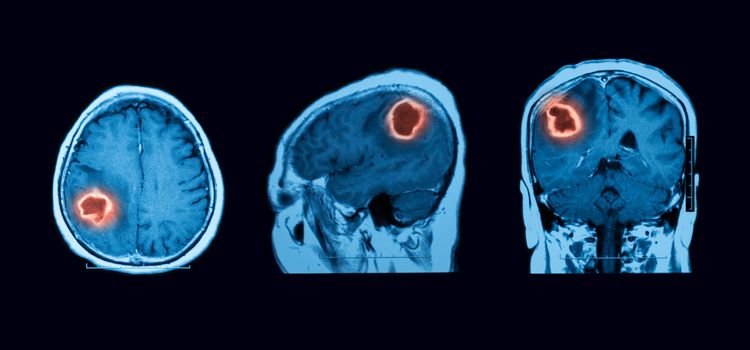Stroke Management: Time is Brain
A stroke is a medical emergency. Swift diagnosis and intervention are critical. Dr. Madnani shares how neurosurgical expertise can improve stroke outcomes.
A stroke occurs when blood flow to the brain is interrupted, leading to potentially irreversible damage. Recognizing the warning signs—like sudden numbness, confusion, or speech difficulty—can drastically improve outcomes. Dr. Yash Madnani plays a crucial role in stroke care, especially when surgical intervention is required to relieve pressure, remove clots, or repair bleeding vessels. His experience and dedication ensure rapid, high-quality treatment, which can mean the difference between full recovery and long-term disability.
Why "Time is Brain" Matters:
- Rapid
Neuron Loss:
During an ischemic stroke (caused by a blood clot), brain
cells are deprived of oxygen and nutrients, leading to their rapid
death. Studies show that millions of neurons can be lost every minute
without treatment.
- Treatment
Window:
Certain treatments, like intravenous thrombolysis (using tPA
to dissolve clots), are most effective when administered within a narrow time
window (typically 4.5 hours from symptom onset).
- Improved
Outcomes:
Early intervention with appropriate therapies significantly
improves the chances of recovery and reduces the risk of long-term disability.
What to do if you suspect a stroke:
- Recognize
the signs: Be aware of common stroke symptoms like sudden
numbness or weakness, confusion, vision problems, difficulty speaking, and
severe headache.
- Call
emergency services immediately: Don't delay, even if symptoms
seem mild or fluctuate.
- Inform
the dispatcher: Tell them you suspect a stroke so they can alert
the hospital and potentially divert to a specialized stroke center.
- Don't
try to drive yourself: You may be unable to safely operate a
vehicle, and emergency personnel can provide faster and more appropriate
care.
- Follow
medical advice: Adhere to the recommendations of healthcare
professionals.

